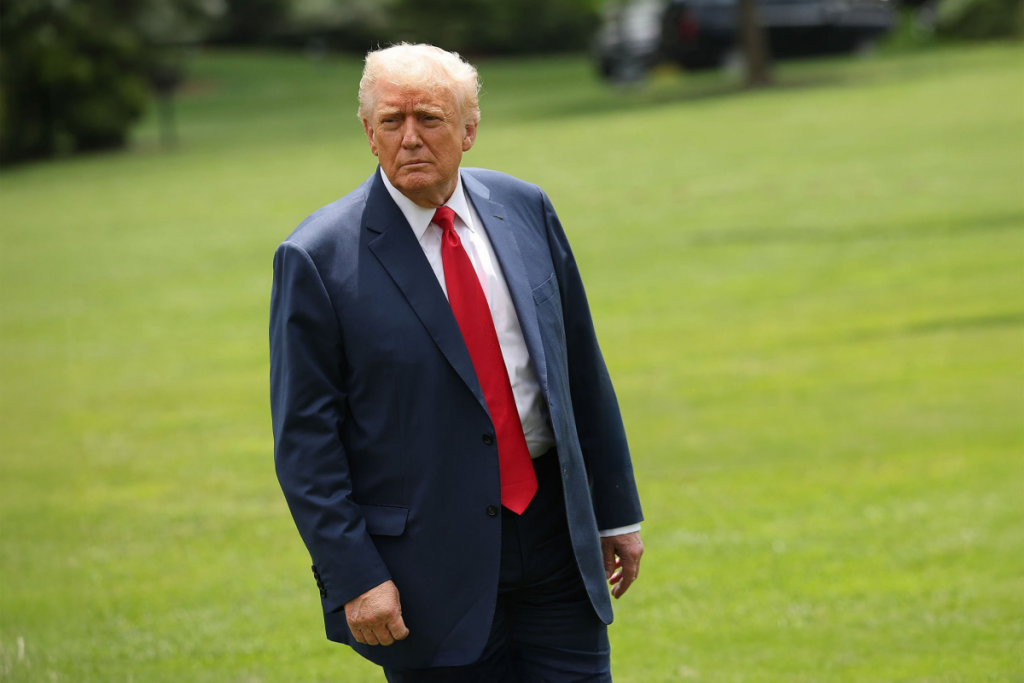Leaders reject claims on Tylenol and vaccines
US President Donald Trump has sparked international backlash after claiming, without solid evidence, that acetaminophen and certain vaccines cause autism. In a televised response, UK Health Secretary Wes Streeting dismissed the remarks, urging the public to trust doctors and scientists instead of political rhetoric. European regulators also reaffirmed that paracetamol, the international name for acetaminophen, remains safe during pregnancy when used as directed.
Scientific evidence contradicts Trump
Trump’s comments suggested that Tylenol during pregnancy poses a “very increased risk of autism.” However, extensive studies have found no causal link. A 2024 Swedish study published in JAMA confirmed no connection between acetaminophen use during pregnancy and autism. The European Medicines Agency echoed these findings, saying its review of multiple studies was inconclusive and did not establish a link to neurodevelopmental disorders. Experts warn untreated fevers during pregnancy pose far greater risks, including miscarriage and birth complications.
Vaccine misinformation resurfaces
Trump also questioned the timing of childhood vaccinations, advocating delays in hepatitis B shots for newborns. Health officials strongly condemned these remarks, citing decades of evidence showing vaccines are safe and effective. The UK’s Medicines and Healthcare products Regulatory Agency emphasized that paracetamol remains the recommended pain relief during pregnancy, while vaccines remain critical in preventing life-threatening illnesses. The World Health Organization warned that misinformation from influential figures fuels vaccine hesitancy, contributing to resurgences of preventable diseases like measles.
Public health consequences
Medical authorities stress that both acetaminophen and vaccines play vital roles in protecting mothers and children. Acetaminophen remains the only widely recommended over-the-counter pain relief option for pregnant women, while vaccines such as MMR have saved millions of lives globally. WHO officials warned that false claims about vaccines and autism undermine immunization programs, driving rising measles cases even in wealthy nations. Experts caution that misinformation campaigns risk reversing decades of progress in global health.


